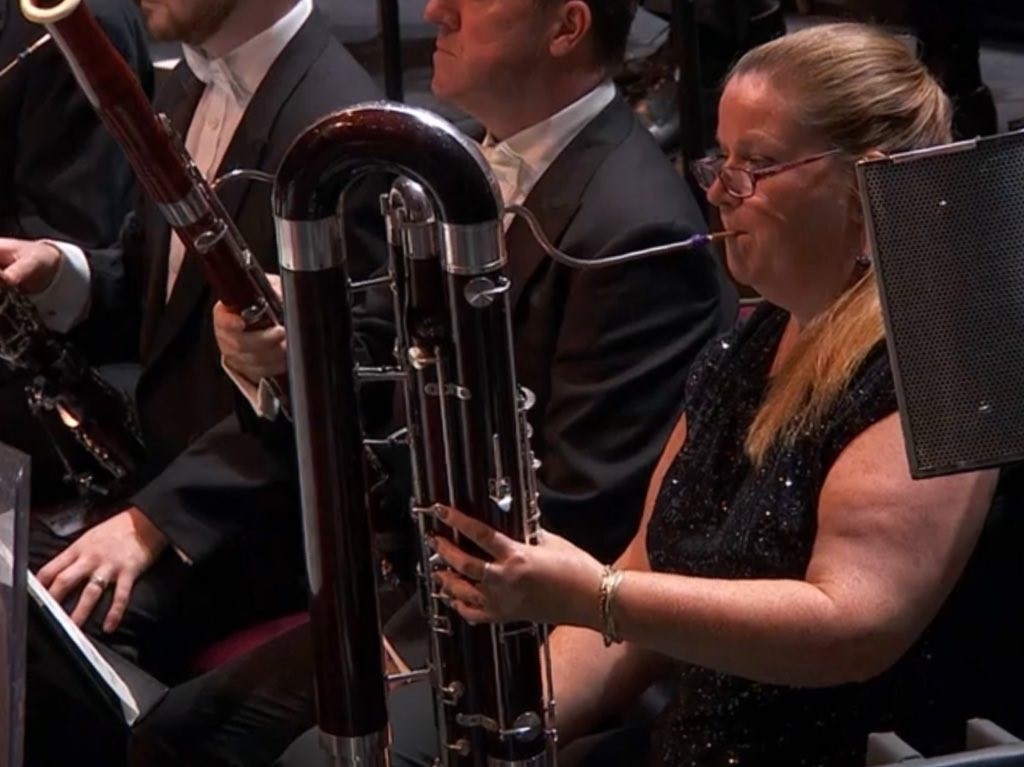News Hub
Air ambulance patient reflects on being “technically dead” this Restart a Heart Day

Former air ambulance patient, Jane Gaskell, is raising the awareness of the importance of early CPR and defibrillation this Restart a Heart Day (16 October) after her heart stopped as she made her ascent from a 12-metre dive in March 2016.
Professional musician Jane Gaskell (57) was found lying face down and unconscious in the water during a diving training course.
“I was technically dead when they pulled me out,” she says.
But amazingly, the circumstances that surround what she describes as “the incident” meant that she survived and has made a full recovery.
“It sounds strange, but I was in the right place at the right time. Staff at the diving centre are all first aid trained and there is a defibrillator on site. The air ambulance attended, and I was taken to hospital in 12 minutes,” she explains.
Jane was on the second day of open water diving training at the UK’s national diving centre in Stoney Cove, Leicestershire in March 2016 when her heart stopped as she made her ascent from a 12-metre dive.
Unbeknown to her at the time, she had a virus which attacked her heart. “I must emphasise it was bad luck and absolutely nothing to do with diving,” says Jane.
As soon as she was out of the water, fellow divers and Stoney Cove crew started to give her CPR. This was carried on by paramedics and the Derbyshire, Leicestershire & Rutland Air Ambulance (DLRAA) crew for a total of 23 minutes and the defibrillator was used seven times to get her heart beating again.
After four days lying unconscious in the intensive care unit at Leicester Royal Infirmary, Jane woke up and to the great relief of her family, who had been on a bedside vigil since her arrival at the hospital, she immediately laughed at a joke.
Doctors had warned her parents beforehand that they couldn’t predict what Jane’s condition would be when – or even if – she regained consciousness and whether she would be able to play her beloved bassoon again as a member of the BBC Concert Orchestra.
Jane says: “It’s a miracle that I survived. To have technically died and lived to tell the tale and return to work is incredibly lucky. It’s made me appreciate life more and live for the day.”
In total Jane spent three weeks in hospital, transferring to Leicester General before returning to her home in Preston Bissett near Buckingham.
There were loud cheers when she returned to work as fellow musicians in the orchestra had been told that she may never play with them again.
“My colleagues, family and friends are exceptionally grateful to DLRAA and all their hard work in caring for me and not giving up hope in trying to restart my heart. I really appreciate everything the fantastic crew did for me.
Since her incident, Jane has attended a garden party at Buckingham Palace, had a couple of trips to both China and Malta with the BBC Concert Orchestra playing music festivals and has continued to take part in the BBC Proms, recording lots for radio and TV – including the new David Attenborough ‘Wild Isles’ series and music for the Coronation and Eurovision.
“I have continued to try and enjoy every day, because you never know what’s around the corner, so my partner and I have done lots of travelling abroad and discovering Scotland,” says Jane.
“I am enjoying having the opportunity to be an auntie to my nephew Oliver and welcoming my niece, Hope, into the world,” she adds.
Jane has continued to support the air ambulance as well as highlighting the importance of early CPR and defibrillation.
DLRAA Doctor and Clinical Lead, Matthew Wyse explains:
“The best chance of survival for a cardiac arrest recognises there is a chain of survival that involves dialling 999 for help, good CPR, using a defibrillator to shock the heart and excellent critical care to support the patient until they recover.
“The team from DLRAA have a role to play at every step in the chain of survival but especially in providing exceptional critical care at the scene of an incident and quick transfer to hospital – just like we did for Jane.”
It is estimated that more than 30,000 out-of-hospital cardiac arrests happen every year in the UK, and less than one in 10 people survive. Early CPR and defibrillation can more than double the chances of survival in some cases.
Restart a Heart Day – led by the Resuscitation Council UK – is highlighting the importance of everyone learning CPR and actively promoting the use of public access defibrillators, to greatly increase the chances of survival following a cardiac arrest.

